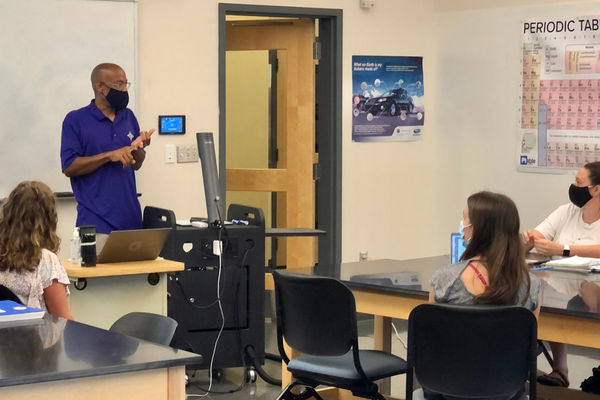, this might seem like no big deal. After all, humans are social beings, and conversation should be natural for us. While I may pass as neurotypical and am constantly told “you don’t look autistic” — a phrase that is still offensive even if it is meant as a compliment — engaging in conversation and speaking up in class can be terrifying for me.
I have never taken a class where participation was not a graded requirement. Many teachers believe that using a system like this is the only way to see whether or not students have done the reading and measure engagement. However, for individuals with disabilities and learning differences that affect their ability to socialize in a neurotypical world, tracking whether or not we speak in class is not an effective means of gauging whether or not we are paying attention. I for one sit quietly in class and prefer to spend the time absorbing information and taking notes. My silence may make it seem like I haven’t done the homework, but I likely understand what is going on — and if I don’t, I will ask for help privately.
While professors don’t usually intend to be ableists, they are often unaware that neurodivergent students not speaking up in class is not an indication of us choosing to slack off, rather it is us trying our hardest to live and function comfortably in a world that was not designed for us. Others may argue that students would not speak up in class if it was not required, but this is also a myth.
Participation typically counts for 10 percent of your grade. That 10 percent should be replaced, or at least significantly reduced. Instead of participation, professors should grade based on understanding and engagement with the text or information. If you demonstrate a thorough understanding of the information learned in class, capable teachers would be able to see that in your work. I would call this proposed segment of the grading system “understanding and engagement.” That way, any student can receive credit for trying to understand information. This can be shown through asking for help, attending office hours, and spending time outside of class studying. If Furman professors were to grade based on understanding and engagement rather than participation, they would create a much more inclusive classroom where all students can feel comfortable — not just those who are neurotypical.
